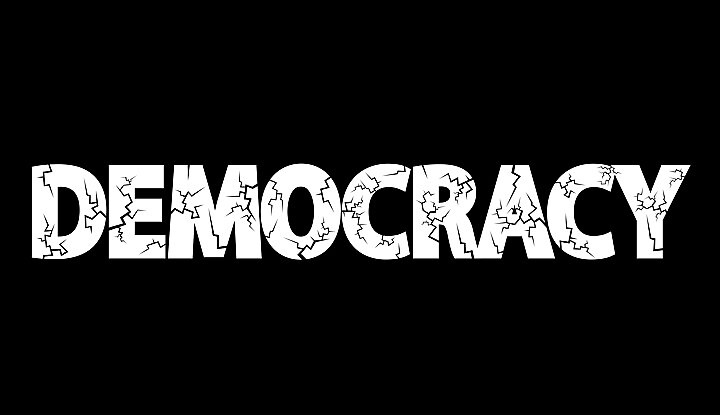A loss for democracy


It is said that it is usually best to look back at things from a certain time distance in order to avoid any possible bias and regard the situation outside a possible emotional frame. So after a month we take a look back at the US 2020 Election aftermath and see what lessons we can take away in the New Year and beyond.
Needless to say, the US faced a challenge of conducting elections during a worldwide pandemic of COVID 19, and the whole world was watching at the world’s oldest democracy. The challenge the US democratic institutions must have faced is how to conduct free and fair elections and still ensure the electorate that the election process will not jeopardize their health. This was especially emphasized by the ultimate “October Surprise” when President Trump tested positive to COVID 19 and before anyone could even figure out what that would mean for the election campaign, President Trump was out of the hospital and campaigning within a number of days.
The election campaign was characterized by deeply entrenched political polarization, while the election debates did nothing to soothe the voters in that regard, as both candidates, and their running mates, used aggressive rhetoric, which often obscured the broader policy debate. For the first time, the US system that prides itself in enabling ‘freedom of expression for all’ found itself in a situation in which the Commission on Presidential Debates decided to introduce rules to “maintain order” in the debates and mute the microphones when necessary. The international media reported that with the debates America has finally hit rock bottom and that its democracy is suffering decay.
The days that followed the Election Day seemed like a month for many as we were waiting for the results of the election, asking ourselves what those results would mean for us. The results kept rolling in from different states, as also the counting of all postal votes was a time- consuming process. After several days the media declared that Biden is the President-elect as he has won a majority of the Electoral College votes, 306, against Trump who won 230 votes. President Trump and his legal team have filed multiple lawsuits with accusations of election fraud.
How the US institutions will weather this unprecedented storm of mistrust in the process is a test for the US political system. The US institutions will be tasked to reinstitute the confidence of the public within those same institutions assuring the citizens that they serve with integrity and will continue to do so. Integrity lays on the pillars of legality, inclusion and transparency. Hence, the decisions of the Supreme Court will need to be respected by both sides. As regards to transparency, especially financial transparency, questions have been raised for decades about the necessity to spend such enormous amounts on financing election campaigns. While this is regulated at the federal level with ceilings on individual donations to campaigns and full disclosure, the regulations on the unrestricted independent spenders effectively reduce transparency and amplify the impact of money in politics.
It is comforting to hear that within the institutions transition meetings are already taking place between teams from both sides. The new administration, whether Republican or Democratic, will need to place the integrity of the country high on the priority list, take care of disenfranchised groups and restore the trust in the government institutions.
Looking further down the future, one might want to hope that there might be some changes also in the big political blocks of the Republican and the Democratic parties as well. With elections like this one, no matter who wins, everyone loses.



0 Comments